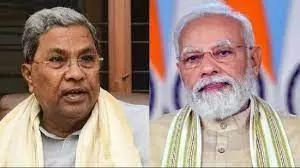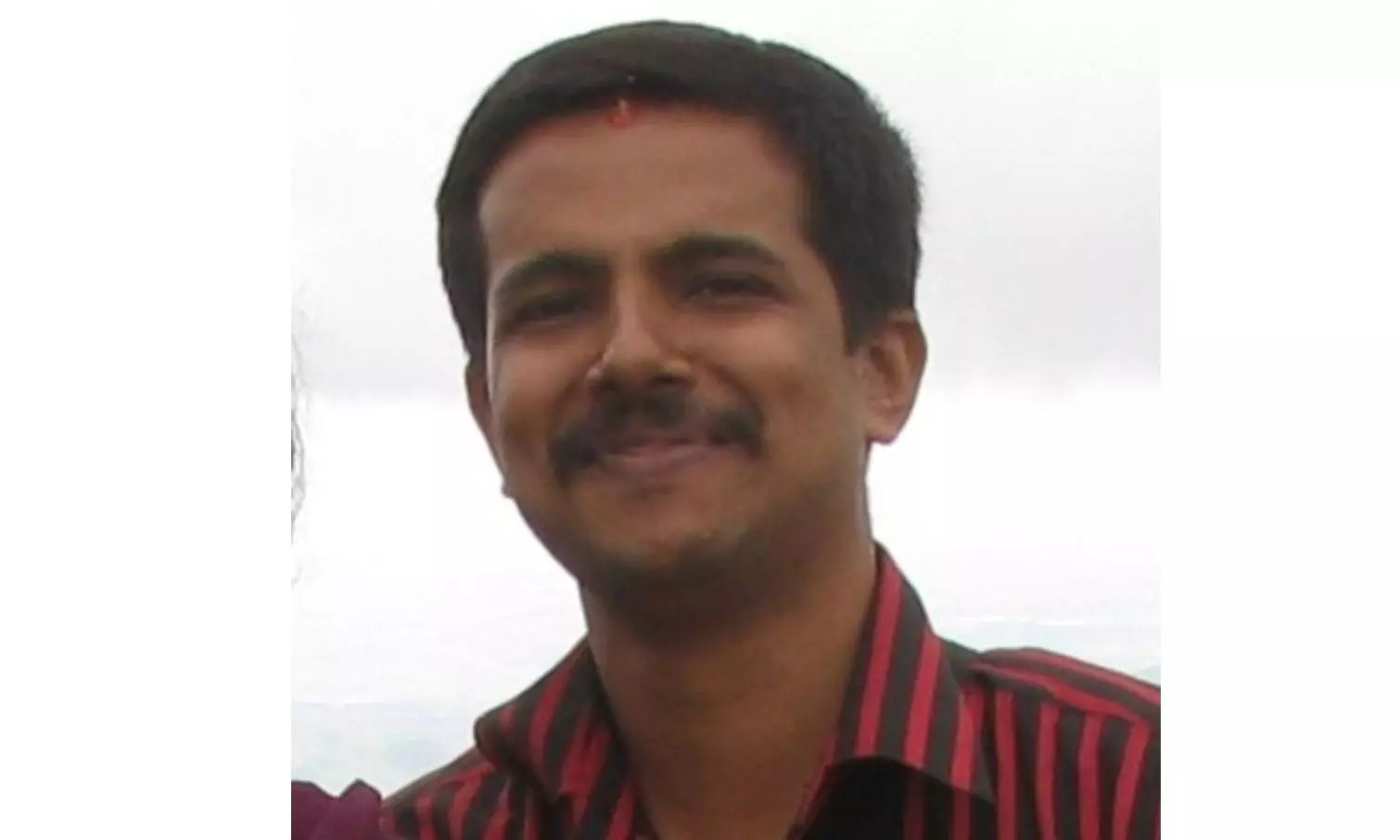Congress And BJP Extremely Cautious In Lok Sabha Candidate Selection In Karnataka
Voter And Worker Discontent With Sitting MPs With Past LS Election Performance Add Complexity To Candidate Selection In Karnataka

With the upcoming Parliament elections on the horizon, both the Congress and BJP in Karnataka are exhibiting a calculated approach to the crucial task of candidate selection.
Despite Congress and BJP holding power at the state and centre respectively, these political powerhouses are navigating the intricacies of this decision-making process, cognizant of its profound implications.
BJP's Strategy:
The BJP, orchestrating a multifaceted strategy, is banking on two pivotal aspects this election season. The first one involves a coalition with JD(S), aiming to penetrate the Old Mysore region, where historical electoral advancements were elusive. The second, and perhaps more important one, is the party's reliance on the enduring Modi wave, coupled with leveraging key issues like Ayodhya and showcasing developmental works from previous terms.
However, beneath this seemingly robust strategy lies a formidable challenge – a strong discontent among voters and party cadres with the performance of sitting MPs in various constituencies. While maintaining an outward expression of confidence in outperforming the Congress, the BJP is leaving no stone unturned to ensure it not only maintains but surpasses its previous election performance.
Karnataka's Pivotal Role:
Karnataka plays a pivotal role in BJP's "Ab Ki Baar Charsau Paar." It stands as the only South Indian state where the BJP can secure a substantial number of seats, as demonstrated in the 2019 elections, where the BJP won 25 seats. Congress and JD(S) (who were coalition partners in the state government then) had to be content with just one seat each.
“There is negligible anti-incumbency in the state. People are still content with the Modi government and its work. However, the challenge in Karnataka lies in the dissatisfaction among party workers and voters with the sitting MPs in many places. Meanwhile, there are some MPs such as BY Raghavendra of Shivamogga still commanding significant support, but the presence of such candidates is quite limited," notes a senior BJP leader.
Open opposition from party workers and dissatisfaction among voters in certain districts are evident. A voter, Ganesh, expresses frustration, "I am a staunch Modi supporter, but our current MP, Nalin Kumar Kateel, has contributed nothing and is inaccessible. People want the party to field a new candidate, or else we may opt for NOTA or vote for a rebel candidate."
The BJP faced a clear illustration of voter discontent in the recent 2023 assembly election, exemplified by the candidacy of Hindu activist Arun Puthila in the Puttur seat as a rebel candidate. Despite garnering considerable support, Puthila fell short of the votes needed to surpass the Congress candidate, resulting in the BJP being relegated to the third position.
"If the BJP decides to field Nalin in Dakshina Kannada, there is a possibility that Puthila might choose to run as an independent candidate. It would not be surprising if this leads to a division of votes. If discontent with Nalin grows, it might even work in favor of the Congress," explained sources.
The situation echoes in several constituencies, where both voters and party members have overtly voiced dissatisfaction with the incumbent MPs. Although the party experimented with a novel candidate selection approach during the 2023 assembly election, it proved to be precarious in several constituencies.
Thus, the party is approaching each step with utmost caution, recognizing the potential pitfalls and intricacies that demand careful navigation.
Congress's Delicate Balancing Act:
Congress, aiming to secure 20 seats in the upcoming parliament election, faces a delicate challenge in candidate selection. Despite winning 135 seats out of 224 in the 2023 Karnataka Assembly Election and claiming strong support from guarantee schemes, the party leaders exhibit caution.
In past elections, the dynamics have proven complex. Between 2013 and 2018, the Congress held the government in Karnataka. However, in the 2014 parliamentary election, the BJP secured 17 seats compared to the Congress party's 9. Likewise, in 2019, despite a coalition government between the Congress and JD(S) in Karnataka, the BJP once again surpassed the Congress, securing 25 seats.
While guarantee schemes benefit the people, Congress leaders are uncertain about their translating into votes. The contrasting choices in assembly and parliament elections in Karnataka pose a unique challenge.
“We aim at 20 seats and want candidates who can effectively counter the BJP. We are determined to perform better than the last two elections and are finalizing candidates who can either win or present a tough fight,” asserts a Congress leader.
As the political landscape unfolds, both parties tread carefully, recognizing the influential role Karnataka plays in shaping the larger political narrative. The electorate awaits the unveiling of candidate lists, anticipating a strategic and impactful political lineup for the upcoming elections.

